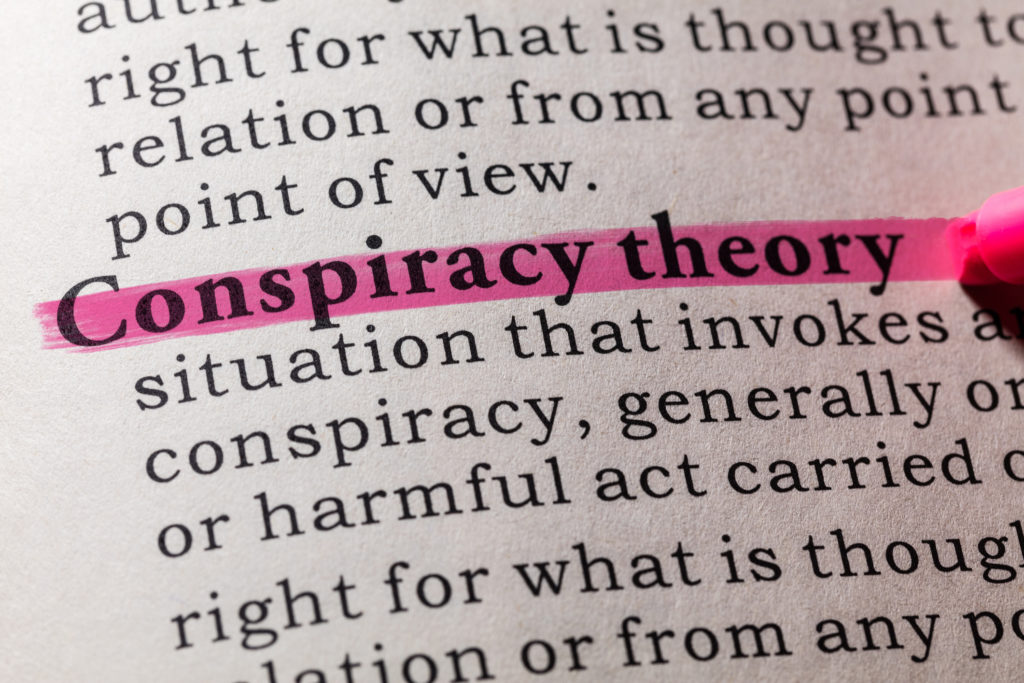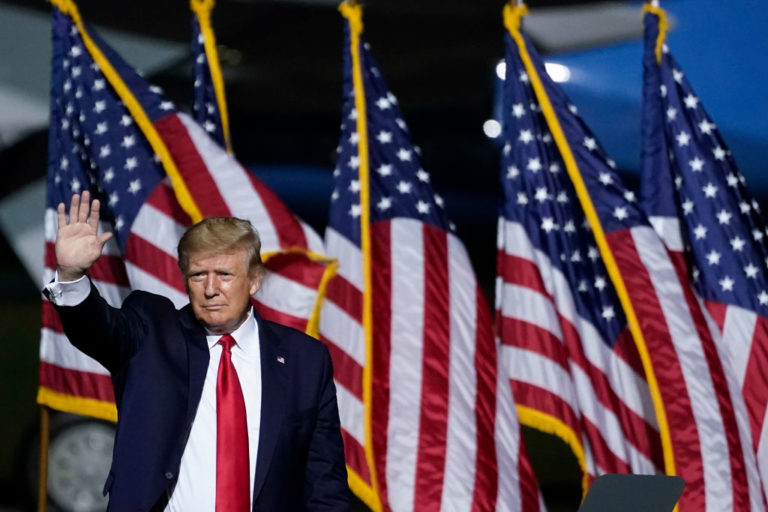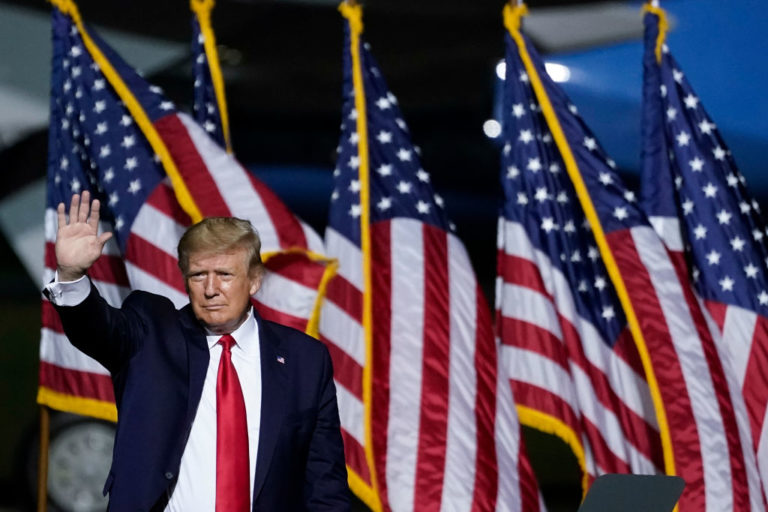If we’ve discovered anything about social media in recent years, it’s that truth is more fragile than we thought. Without truth, we’d believe conspiracy theories suggesting that humans have never been to the moon, global warming doesn’t exist, all vaccines are dangerous and the world is flat. We rely on the truth to sweep aside such fantasies and record humanity’s achievements. So why are so many social media users keen to knock it down? How might they be exploited, and who by? If we don’t resolve these questions, truth will fall by the wayside. In search of answers, I spoke to leading academics – in the second of my four films on the growing threat to our social wellbeing.
It’s easy to laugh. Millions believe lizard people are controlling national institutions, others think Antarctica is a circle of ice around the flat Earth, and some believe Elvis is alive. Conspiracy theories bring an element of fun to dangerous times, but they’re dangerous in themselves. As well as ‘lizard people’, it’s also been said that the Democratic Party is awash with paedophiles, that fatal fires are unconnected to global warming and that Covid is a hoax. None of these things are true.
So what’s going on? An explanation picks up on the idea that conspiracy theories are a response to dangerous times. They don’t emerge in isolation, their prevalence at a time of great social change is no coincidence. They are clues that reveal much about the rise in populism.
Magical thinking
The last few years have witnessed great change on both sides of the Atlantic. The digital revolution has had a challenging impact on the labour market. Globalisation, rising immigration and new attitudes in equality and diversity have altered the shape of society.
Things have moved so fast that some sections of society have felt left behind. People in many communities are angry. These emotions have led to the rise of popular leaders – from Britain to Brazil. As well as anger, there is fear, anxiety and confusion. People are unsettled. In these times of change, many are looking for something – anything – they can be certain about. They are also looking for unity with people who feel the same as them.
Professor Sheldon Solomon, social psychologist at Skidmore College, told me that: “Conspiracy theories are just a kind of unnatural overextension of the general human tendency to want to understand what’s going on around us.” How this process goes off the rails was succinctly described by Dr. Aaron Balick, a clinical psychotherapist. He described to me the process of magical thinking, which “comes from childhood where you believe your teddy bear to be alive or that Father Christmas is going to bring you presents. But when you believe in Santa Claus, you also believe in the monster under the bed. The magical thinking is not fluffy. It’s really, really scary.”
Demonising monsters
We all have our monsters, conscious biases are hard to ignore. How do you feel about migrants heading your way from sub-Sahara Africa, or from South America? Such questions provoke strong reactions. When magical thinking and monsters are combined with a feeling of being left behind, they create suspicion of the government. Among the monsters are those in power. Professor Stephan Lewandowsky, cognitive scientist at Bristol University and a specialist in conspiracy theories, told me that fear and suspicion amount to a feeling of “not being in control of your life”. What then follows is “a toxic cocktail where people become susceptible to conspiracy theory”.
How we react to information partly depends on where it comes from. If we feel we can’t trust the government or the press, we might only believe information from people who feel the same as us. We cling to others who are equally worried, people who might tell us via social media who we should be worried about – immigrants for example.
‘Monsters’ are identified by a group of people, then rejected and ridiculed. This reaction has two effects. It bonds ‘us’. And it dismisses ‘them’ – for example scientists involved in vaccine research. Bonding in this way, people come together in believing the same stories and in dismissing non-believers. In short, they become tribal. Ruth Ben-Ghiat, historian at NYU and author of Strongmen, told me about the kind of politician who’s interested in tribes, and who uses conspiracy theories to bind them, exploit them and reject outsiders.
Seeking to remain neutral
In making these four films, I wanted to find universal examples that are readily accessible and understandable. The US political situation seemed an obvious place to begin. I wanted to remain as politically neutral as possible, but it is clear from observing the tactics of both parties that it would be foolish of me to present a false equivalency. Of course, all parties have supporters who believe in conspiracy theories. But not all are led by someone who repeatedly churns out divisive stories across social media in order to unite their base.
According to Ruth Ben-Ghiat, Donald Trump, “rode the wave” of rumours about President Obama’s birth certificate. He has supported – or invented – other fabrications too since he has been in office, more than 20,000 according to the Washington Post. Solomon says some people believe “there’s a conspiracy to rig the upcoming election by fraudulent mail-in ballots, which is absurd.” Other conspiracy theories currently gaining ground include the story offered by QAnon. This, according to Paul Barrett, law professor at NYU, suggests a “mythical cabal of Democrats and Hollywood figures, who supposedly are paedophiles, are looking to take over the world in cahoots with a deep state contingent of bureaucrats in the federal government, all of whom President Trump supposedly is battling against.” And that’s the simplified version of the story.
Trump has denied he has any detailed knowledge of QAnon. Nevertheless, he has refused to condemn them. In the NBC town hall on October 15, he offered mixed messages in suggesting that “I know nothing about it. I do know they are very much against paedophilia. They fight it very hard. But I know nothing about it.” QAnon is supported by a growing number of believers, among them 24 people who are running for Congress. This isn’t a bipartisan issue. Of these 24, 22 are Republican and two are independent.
Hence my concern for truth. It’s nice to enjoy jokes about lizard people. It’s far more sinister to think that one day we might have a group of politicians who falsely believe individuals are guilty of serious crimes such as paedophilia. Are we to see these individuals falsely accused and mistakenly jailed? We’ve seen witch-hunts before. Hope rests in voters rejecting political candidates who can’t tell fact from fiction. But as we’ve seen, those who believe conspiracy theories are less likely to trust accurate sources.
The long-term solution is, as always, education. Children can be taught to evaluate sources. We must also encourage a fact-checking culture where all media platforms are compelled to verify their content. Once this is established, it’s easier to create a culture of honesty, as important as freedom of speech, where people are less likely to hide behind the first amendment and instead value truth and honesty as the key to a more successful and peaceful life.






